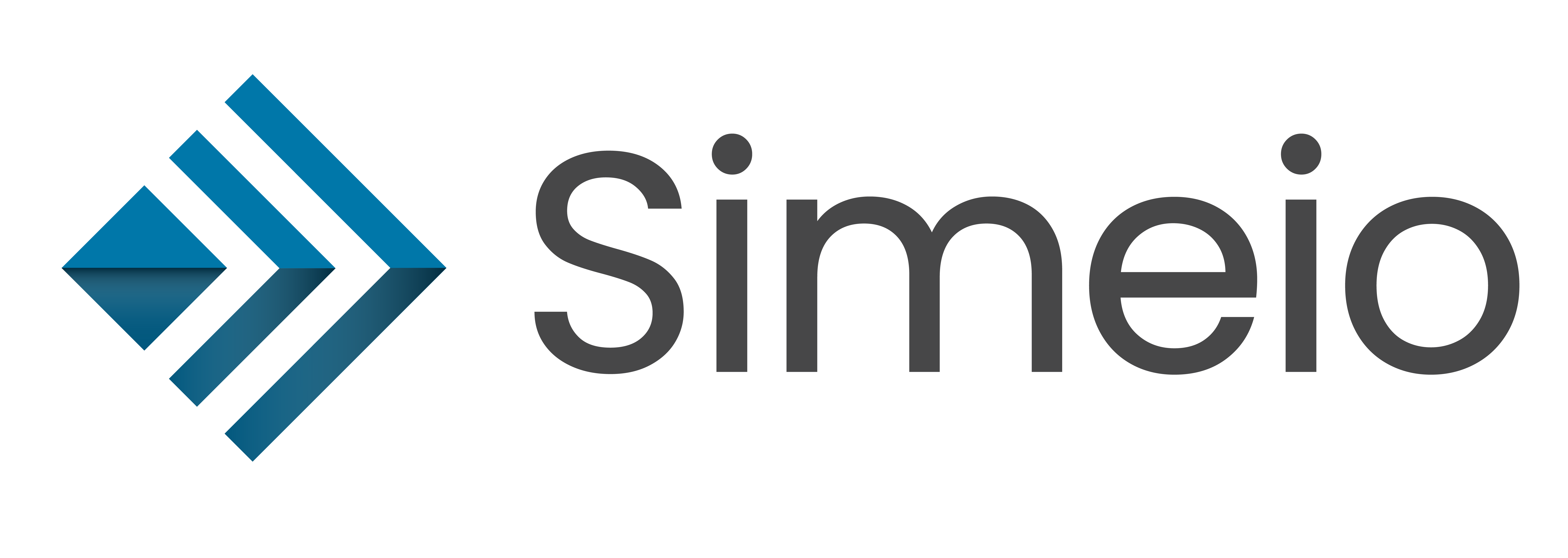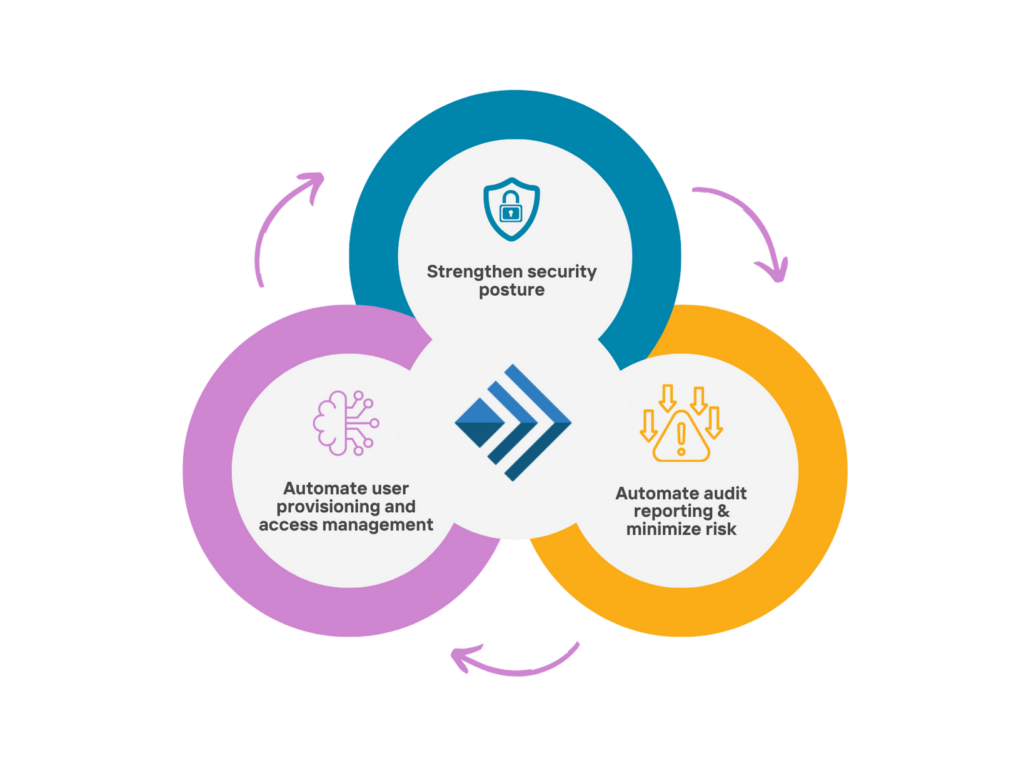
The worst thing in rock climbing is to find, at the critical moment of a fall, that the rope you trust your life to has failed. Just as climbers must carefully select this vital piece of equipment, enterprises must painstakingly choose their cybersecurity service provider. In the grand scheme of prospective providers, the choices are primarily split between the “Big 4” (Deloitte, PwC, Ernst & Young, and KPMG) or boutique providers.
On the surface one might think that the Big 4 must be the best options because they are the biggest contenders. Others may consider their size to be a failing, unable to provide the care and accountability of more independent experts. Which perspective does the evidence of experience bear out? Are your needs better fulfilled by a massive firm or a more agile cybersecurity service?
The answer is not a clear cut “always this” or “always that.” This complicated issue must be broken down into the generalized advantages your enterprise receives when choosing between a Big 4 or a boutique cybersecurity option.
Can Anyone Beat the Big 4 on Scope?
Pros for Big 4:
The Big 4 are the largest accounting firms in the world. As one would imagine, their cybersecurity resources are considerable, usually under the banner of “risk-assessment.” Their vast size means there is virtually no upward limit to the scope of the projects they take on. The vast breadth of the Big 4 also means they can sometimes provide more by way of cybersecurity than just software. Hardware installation can also be a part of their risk-assessment packages.
Pros for Boutique:
How much scope does your company require? Even Walmart, the largest employer in the world, only employes around 2.3 million people. Consider that companies like Simeio regularly administer IAM services for millions of identities on a single contract. There are very few companies which require the monumental scale only the Big 4 can provide. Lastly, when you consider that small/medium-sized businesses face a higher risk of cyberattack, you can understand why the focus on that demographic can work in your favor.
Furthermore, boutique companies thrive by making the most out of a smaller pool of resources. As such they know how to implement effective solutions at a lower cost to both them and their clients. Because the boutique focuses solely on cybersecurity, they are much more likely to provide precisely what you need and not charge you for unnecessary features.
Are Boutiques Unbeatable in User Experience?
Pros for Big 4:
Boutiques are closer to the ground level their clients operate at, but that isn’t to say the Big 4 are completely without advantages even in this capacity. Their budgets and connections often mean they can piggyback on emergent vogue technologies. In the case of user experience, they often employ built-out and even cutting-edge AI help bots. Additionally, their global nature means they have a large pool of diverse helpdesk employees with different languages. However, this advantage is not necessarily unique to the Big 4, as many smaller firms, including Simeio, provide worldwide coverage and support.
Pros for Boutiques:
Personalized and relational service is the hallmark of boutiques. Their approach is consultative, seeing you as an individual instead of a fire and forget tick mark and seeking to solve your issues in perpetuity rather than in the moment. Boutiques frequently tout their ability to oversee a client’s issues from start to finish. They provide in-depth examination of existing infrastructure and going over the best solutions, both in the short and long term.
Boutiques operate as partners, not vendors. Though their offerings can be commoditized, they tailor each response to the needs of the customer. Beyond just providing you with the ideal fixes for your immediate issues, their expertise can identify probable future problems and recommend ways to head them off at the pass. What’s more, your satisfaction ties directly to their success. When Deloitte suffered their major breach in 2017, they were able to stay afloat. An unsatisfied customer can be devastating for a small firm. Thus, the incentive to satisfy customers is much stronger.
Do the Big 4 Deliver the Best Results?
Pros for Big 4:
Ultimately the most important question in all this is whether a Big 4 or boutique provider makes you more secure. The Big 4 provide ubiquitous one-size-fits-all offerings. They have been installed hundreds of times and may be installed to hundreds more. To them, implementation is as routine as sending a repairman to your home and installing a landline.
Pros for Boutiques:
As previously stated, boutique services and solutions are tailored to your needs, cost, and scale. Additionally, their services are not linked to a huge net of identities on a monolithic system. This greatly reduces the chance of a secondhand compromise. Just look at the recent MOVEit breach and Okta compromises for the dangers of having an unsecured single application handling multiple clients’ sensitive information.
Services and solutions are often more innovative and agile with a boutique. While the Big 4 may wow with shiny new tech fads, boutiques only have the margin to invest in technologies which their experts predict will have a decisive impact on their client’s security. This makes them much more selective about the applications and partners they select for their rollouts. It can also lead to important developments like digital identity orchestration solving the cybersecurity/efficiency compromise.
Big corporations only offer one thing for certain: momentum. Like a glacier, they move with only a passing concern for your troubles. But boutiques take the security of your enterprise as an ongoing evolution towards identity maturity. When you choose a boutique cybersecurity provider, you choose expert assessment, decisive problem-solving, and forward-facing support.

